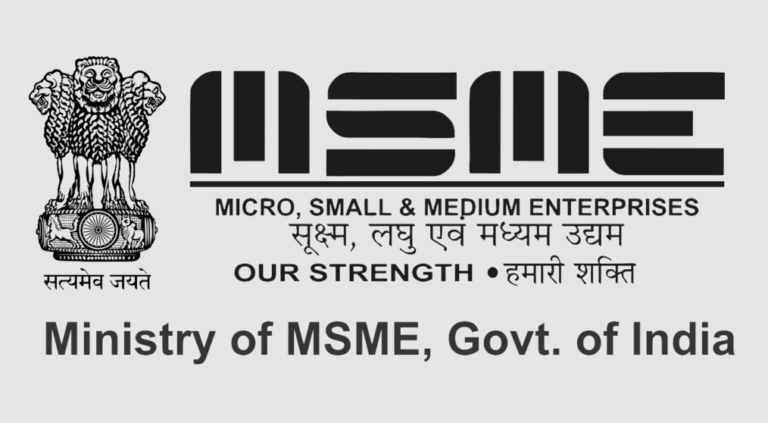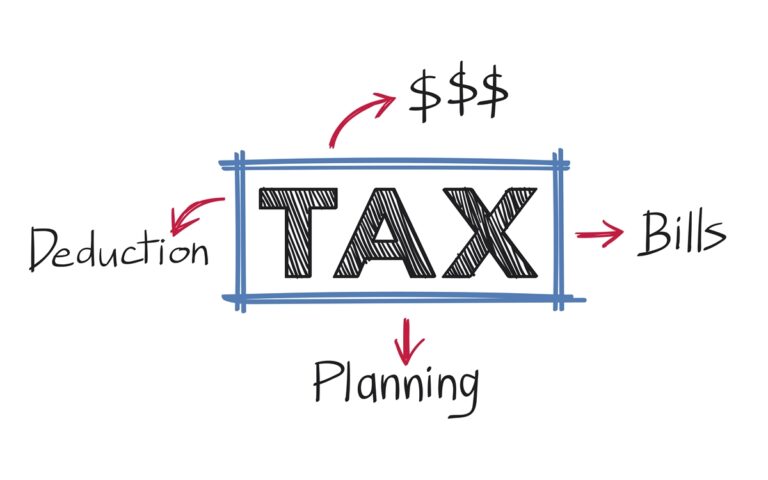
Web Development Company in Mohali – Technolinks Network
Mohali has grown into a prominent tech hub in North India, attracting startups, SMEs, and

Mohali has grown into a prominent tech hub in North India, attracting startups, SMEs, and

Search Engine Optimization (SEO) continues to be one of the most effective ways to attract

SEO improves how your website appears in search engine results, particularly on Google. In Chicago,

Local SEO Services in Los Angeles In a city as competitive as Los Angeles, showing

In a city as competitive as New York, standing out online requires more than just

If you’re planning to start or grow an import-export business in India, one of the

Micro, Small, and Medium Enterprises (MSMEs) are the backbone of India’s economy, contributing significantly to

The implementation of the Goods and Services Tax (GST) in India on July 1, 2017,

Is your Melbourne business being outranked by competitors online? If you’re not on the first

Looking for expert SEO marketing in Sydney?